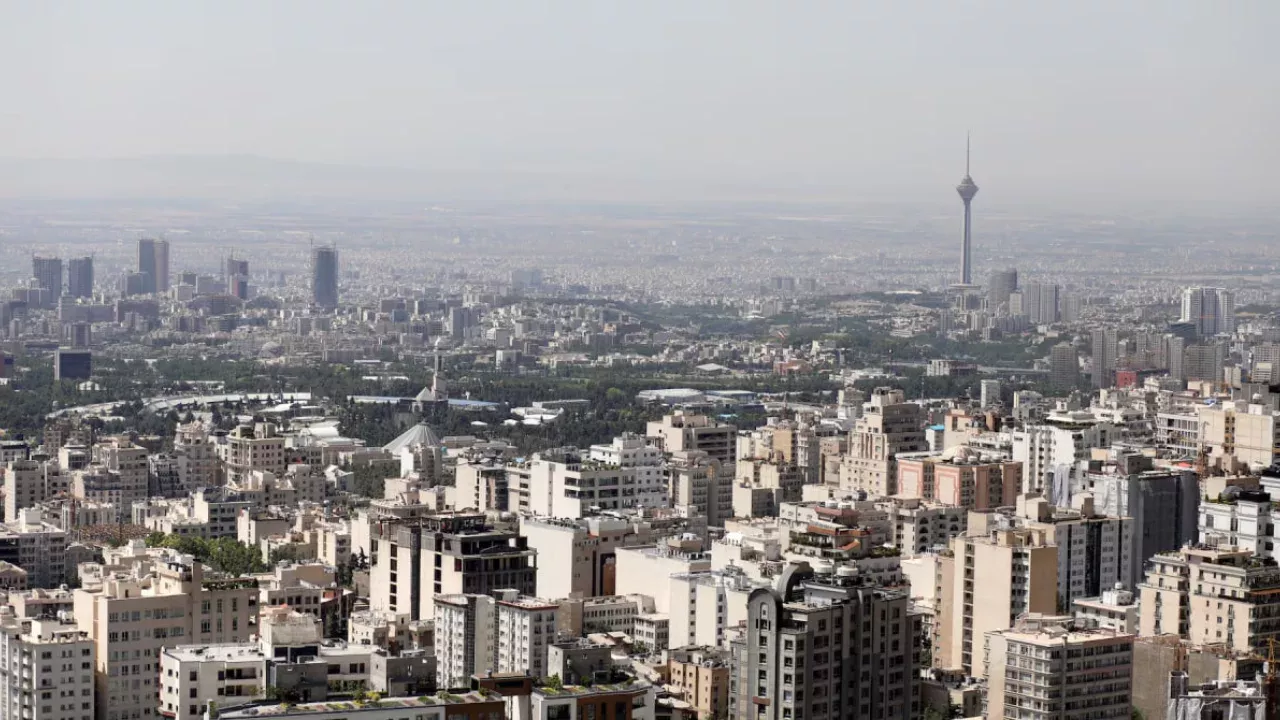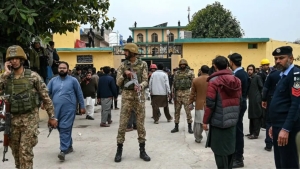Iran faces a serious problem in managing water scarcity

The issue of water scarcity in Iran is becoming increasingly serious. This was reported by Zamin.uz.
President Masoud Pezeshkiyon informed during a meeting with governors that the country's water reserves have sharply decreased. According to him, especially in the capital Tehran, the problem of water shortages has become urgent.
This was reported by Anadolu Agency. The president emphasized that water reserves have decreased to a worrying level due to mismanagement, and this situation is leading to significant problems across the country.
He stated: “In today's situation, blaming nature or other factors is incorrect. The main reason is outdated wrong decisions and the lack of adequate strategic planning.
We need scientifically based, long-term, and effective management.” President Pezeshkiyon emphasized that the only way to overcome the water crisis is through close cooperation and open dialogue between the population and the government. “If we do not solve this problem together with the people, it will be difficult to overcome,” he said.
The condition of water sources in Tehran province is particularly alarming. According to the water management agency, the water level has dropped to its lowest point in the last hundred years.
This can negatively affect not only daily life but also industry, agriculture, and the healthcare system. The government is asking the population to use water carefully and has indicated that strict restrictions on water consumption may be imposed.
Residents are advised not to waste water during hot days and to refrain from excessive consumption. The water scarcity resulting from years of drought is a significant challenge both economically and socially.
Officials believe that comprehensive measures need to be implemented across the country within the next five years. In this process, not only government agencies but also the public must actively participate.
Such complex situations arise when water scarcity, drought, and mismanagement combine. However, if solutions are sought now, scientifically based approaches are adopted, and everyone acts together, the problem can be resolved.
This water issue can serve as a warning lesson not only for Iran but for the entire region. The rational use of natural resources, long-term strategies, and changing public awareness are among the most important tasks today.
If such an approach is implemented, today's challenges will pave the way for tomorrow's successes







